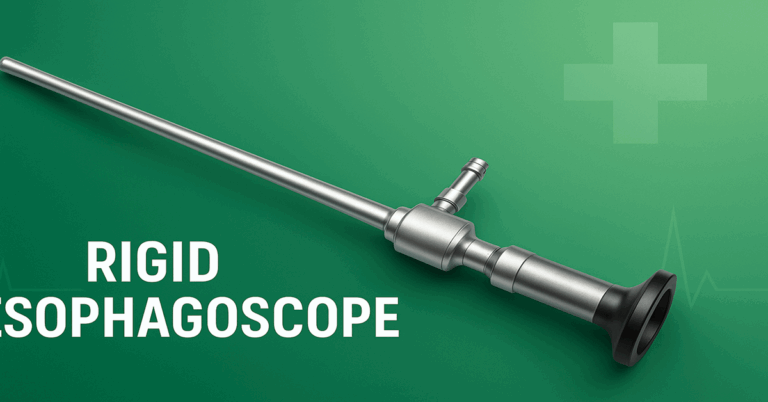Women’s Health and Radiology: What You Need to Know: Betbook250, 11xplay.pro/login, Yolo247 login
betbook250, 11xplay.pro/login, yolo247 login: Women’s health is a crucial aspect of healthcare that often gets overlooked. When it comes to radiology and diagnostic imaging, there are specific considerations that women need to be aware of to ensure they receive the best care possible. In this article, we will discuss the importance of women’s health in radiology and provide some key information that every woman should know.
The Role of Radiology in Women’s Health
Radiology plays a vital role in the early detection and diagnosis of various health conditions in women. From mammograms to ultrasounds, radiology procedures can help detect breast cancer, ovarian cysts, uterine fibroids, and other conditions that are more prevalent in women.
Mammograms are one of the most common radiology procedures recommended for women, especially those over the age of 40. A mammogram is an X-ray of the breast that can detect early signs of breast cancer, allowing for prompt treatment and a higher chance of successful outcomes.
Ultrasounds are another common radiology procedure used in women’s health. They are often used to evaluate the health of the reproductive organs, including the uterus and ovaries. Ultrasounds can help detect conditions such as ovarian cysts, fibroids, and other abnormalities that may require further investigation or treatment.
Bone density scans are also important for women’s health, especially as they age. Osteoporosis is more common in women, and bone density scans can help assess the risk of fractures and determine the best course of action to prevent bone loss and maintain bone health.
Radiology procedures are safe and non-invasive, making them an essential tool in the early detection and diagnosis of various health conditions in women. By staying informed and educated about the role of radiology in women’s health, women can take proactive steps to maintain their health and well-being.
Key Information for Women
Here are some key points that every woman should know when it comes to radiology and women’s health:
1. Regular screenings are essential for early detection: Women should follow their healthcare provider’s recommendations for regular screenings, such as mammograms and Pap smears, to detect any health issues early.
2. Communicate openly with your healthcare provider: If you have any concerns or questions about a radiology procedure, don’t hesitate to discuss them with your healthcare provider. It’s essential to feel comfortable and informed about any tests or treatments you may undergo.
3. Understand your family history: Knowing your family history of certain health conditions, such as breast cancer or ovarian cancer, can help guide your healthcare decisions and screenings.
4. Stay informed about new technologies: Radiology is a rapidly evolving field, with new technologies and procedures being developed regularly. Stay informed about the latest advancements in radiology and how they may benefit your health.
5. Seek a second opinion if needed: If you receive a diagnosis or recommendation for treatment based on a radiology procedure, don’t hesitate to seek a second opinion to ensure you are getting the best possible care.
6. Take care of your overall health: In addition to regular screenings and radiology procedures, it’s essential to take care of your overall health through a balanced diet, regular exercise, and other healthy lifestyle choices.
FAQs
Q: Are radiology procedures safe for women?
A: Yes, radiology procedures are generally safe and non-invasive. Your healthcare provider will discuss any potential risks or concerns with you before undergoing any imaging tests.
Q: How often should women get mammograms?
A: The frequency of mammograms can vary based on age and individual risk factors. It’s essential to follow your healthcare provider’s recommendations for when to get mammograms.
Q: What should I do if I have a family history of breast cancer?
A: If you have a family history of breast cancer, talk to your healthcare provider about your risk factors and any additional screening or preventative measures that may be recommended for you.
Q: Can radiology procedures be used for women who are pregnant?
A: Some radiology procedures may not be recommended for pregnant women due to potential risks to the fetus. If you are pregnant or think you may be pregnant, be sure to inform your healthcare provider before undergoing any imaging tests.
In conclusion, women’s health and radiology go hand in hand, playing a crucial role in the early detection and diagnosis of various health conditions. By staying informed, getting regular screenings, and communicating openly with your healthcare provider, women can take proactive steps to maintain their health and well-being. Remember to prioritize your health and seek out the care you deserve.







